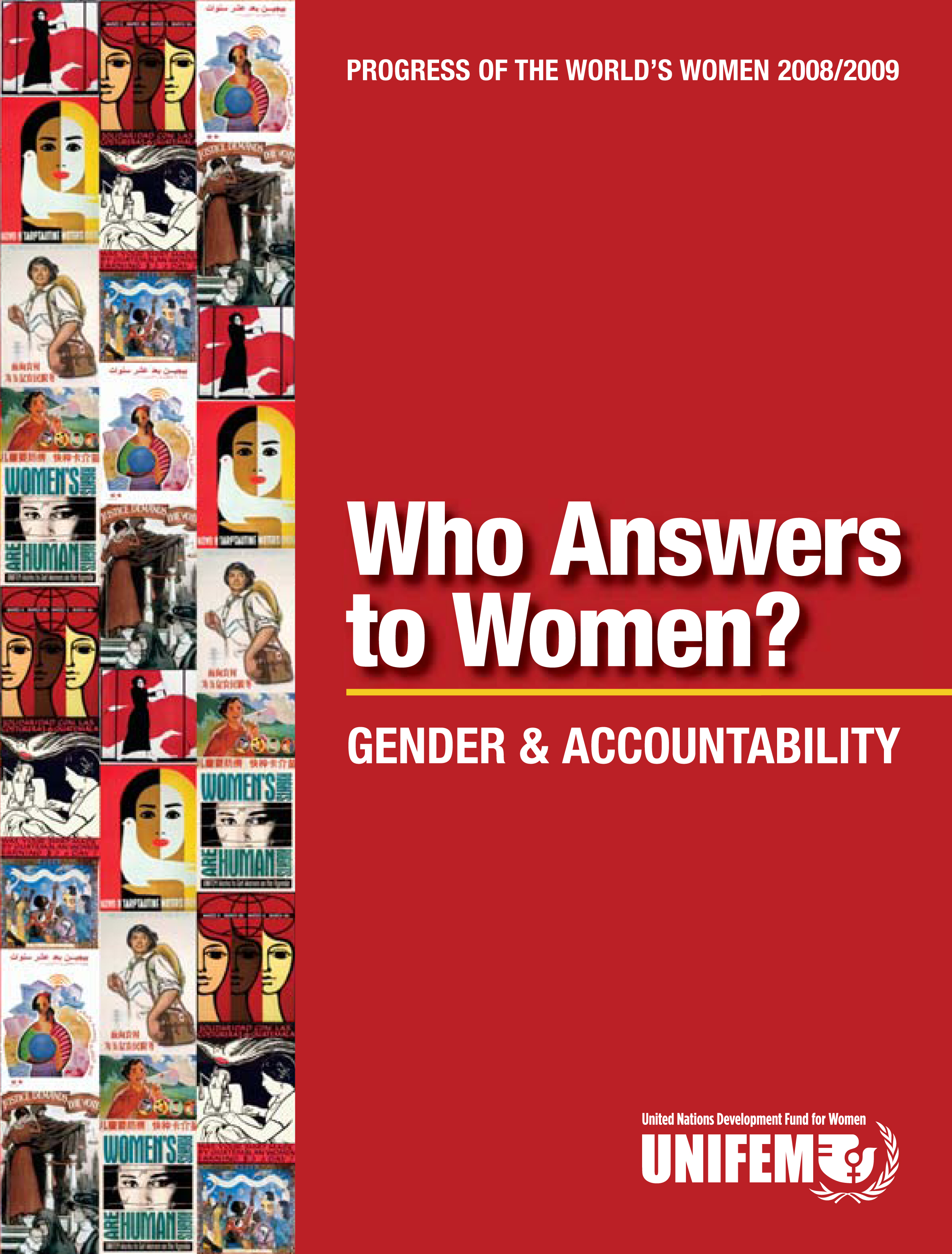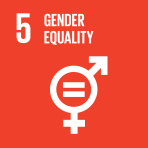Services

- Author: United Nations Women
- Main Title: Progress of the World's Women 2008-2009 , pp 35-52
- Publication Date: June 2009
- DOI: https://doi.org/10.18356/9789210548892c006
- Language: English
Until recently, in Nazlet Fargallah, Egypt, women gathered water up to four times a day, using sewage-contaminated water for washing. Lacking latrines, they waited until dark to relieve themselves, leaving them ill and vulnerable to violence. The situation changed when a local government water and sanitation project introduced female health visitors and enabled women to participate in community and household decisions about how to improve health and livelihoods. The 700 households now have two taps and a latrine each and there is more awareness of how sanitation behaviour can prevent disease. Women spend less time collecting water, and have gained dignity and security.
© 2008 United Nations
ISBN (PDF):
9789210548892
Book DOI:
https://doi.org/10.18356/9789210548892
Sustainable Development Goals:
-
From This Site
/content/books/9789210548892c006dcterms_title,dcterms_subject,pub_keyword-contentType:Journal -contentType:Contributor -contentType:Concept -contentType:Institution105
/content/books/9789210548892c006
dcterms_title,dcterms_subject,pub_keyword
-contentType:Journal -contentType:Contributor -contentType:Concept -contentType:Institution
10
5

